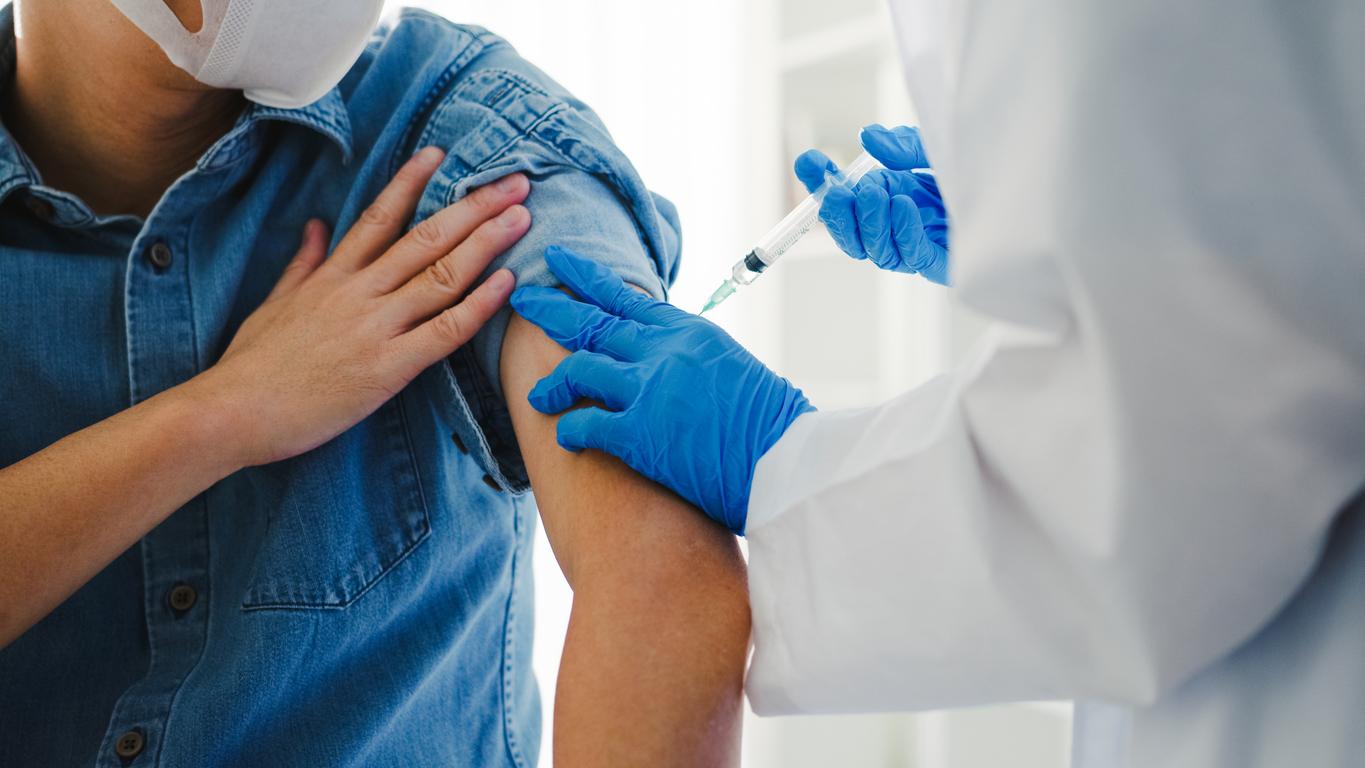While the Covid-19 vaccination campaign has been brought forward to October 2, a new study shows that the most advantaged are the most receptive to this type of initiative.

- The 10% of people with the highest standard of living benefit more often from a complete vaccination schedule than the 10% of people with the lowest standard of living.
- Individuals without a complete vaccination schedule are also more numerous among workers and among people from non-European immigration.
- The Covid-19 epidemic has been progressing in France since the start of the school year.
According to the fourth part of the national EpiCov survey, at the end of 2022, 83% of inhabitants of mainland France aged 18 or over declared having a complete vaccination schedule against Covid-19 and 93 % having received at least one dose of vaccine.
Vaccination against Covid-19: differences depending on standard of living
“The rates measured in Guadeloupe, Martinique and Reunion, the three overseas departments and regions (DROM) surveyed, are significantly lower”, nevertheless specifies the DREES. “In Guadeloupe, 49% of people had a complete pattern, 46% in Martinique and 67% in Reunion” details the agency.
“Within the population, significant social inequalities regarding these vaccination practices can be observed, despite the fact that vaccination is free in France,” add public health experts.
Thus, the 10% of people with the highest standard of living benefit more often from a complete vaccination schedule than the 10% of people with the lowest standard of living. The gap between the average vaccination rates of these two groups is 20 percentage points.
Vaccination against Covid-19: differences depending on work
Individuals without a complete vaccination schedule are also more numerous among workers and among people from non-European immigration, as well as among people living in mainland France and originating from a DROM or having a parent from an DROM. . People with these profiles frequently report low levels of trust in government and scientists. “Social inequalities in vaccination coverage are also found among minors, in a differentiated manner depending on age”we can also read in the report.
Final lesson from the survey: women have a complete vaccination schedule a little more often (85%) than men (81%), even though they declared themselves more reluctant to the idea of vaccination before than before. this is put in place.
Covid-19: progress of the vaccination campaign
According to the latest weekly bulletin from Public Health Franceappeals for suspected Covid-19 are increasing among those under 75 in SOS Médecins associations and among 2-14 year olds in emergency rooms.
Faced with the resurgence of the epidemic, the government chose to bring forward the vaccination campaign by two weeks to start on October 2, 2023.


















